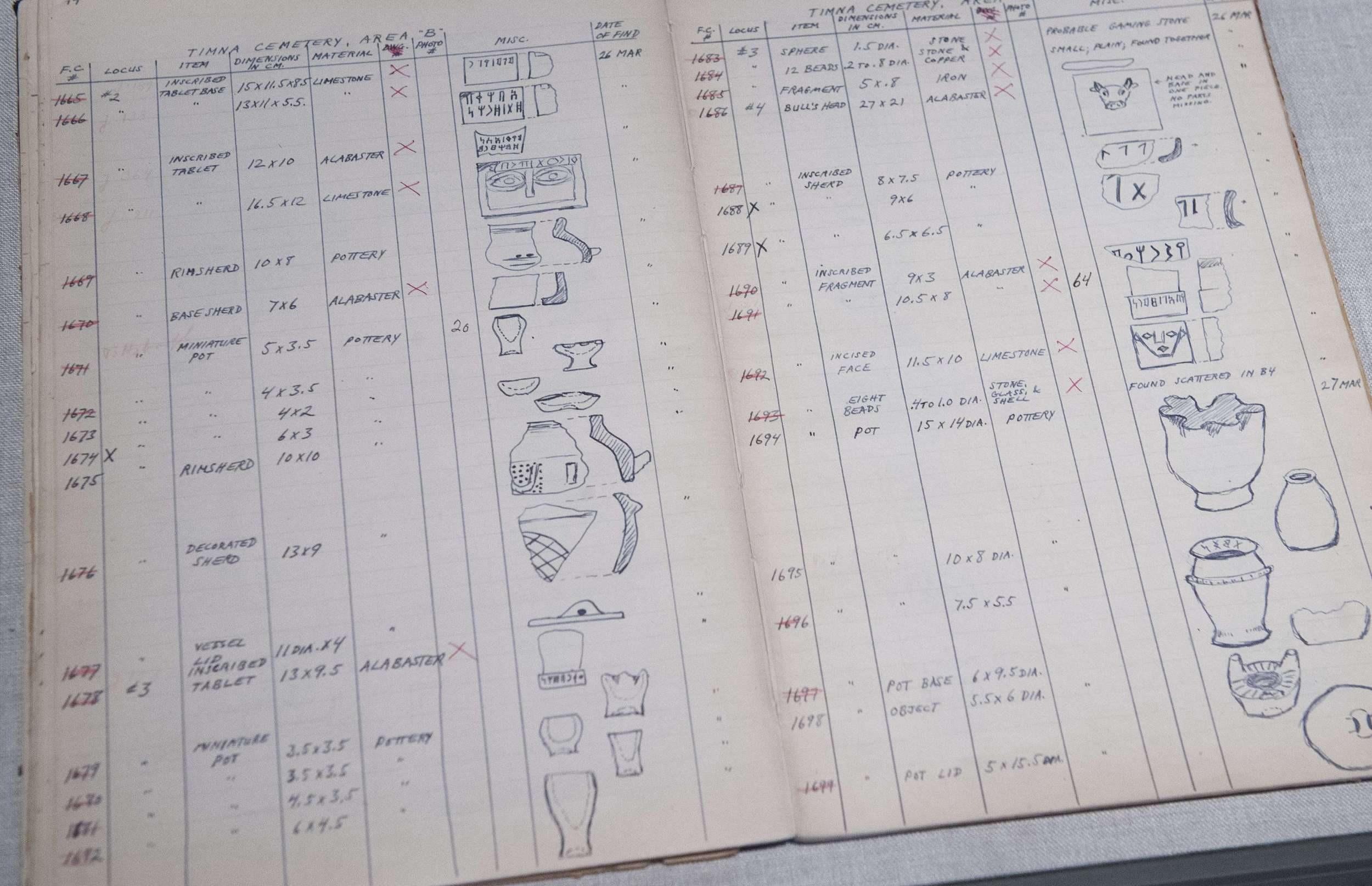
Kenya Elections Agency sees blockchain as a path to a more secure vote

Kenya’s Independent Electoral and Boundaries Commission (IEBC) chairman Wafula Chebukati said in a statement that the country is considering blockchain technology to offer real-time results, as part of reform efforts to enhance the integrity of voting.
He said the technology will be used to enable presidential candidates to securely access results. Blockchian is a distributed-ledger technology behind bitcoin and other cryptocurrencies. The technology is used to verify and record cryptocurrency transactions to boost transparency and reduce perceptions of opacity.
Chebukati’s announcement was however met with cynicism and doubt by a section of the population, who have little confidence in the electoral body.
Kenya’s elections have frequently been contested with widespread rigging and irregularities since the country adopted a multi-party democracy in 1991.
Most elections in Kenya since the advent of multi-party democracy in 1991 have been fraught with claims of widespread rigging that often results in deadly violence. Opposition leader Raila Odinga rejected the outcome of two presidential polls last year, with the first annulled by the Supreme Court, which cited massive irregularities.
Violence that accompanied the disputed 2007 election left at least 1,100 people dead and displaced an estimated 600,000 others before Odinga agreed to form a coalition government and share power with incumbent Mwai Kibaki.
There were reports of Sierra Leone using blockchain for its presidential elections in March 2018. However, the actual use was limited to an external observer engaged for the election that experimented with its own blockchain solution in one of the districts.
President Uhuru Kenyatta recently launched a blockchain and artificial intelligence (AI) task force for the purpose of deploying blockchain technologies within the countries existing economic framework. The eleven-member team is mandated with the task of creating a 15-year roadmap that will help Kenya reduce political corruption and so-called “red-tapism”.
The East African country’s government claims it wants to promote and encourage blockchain technology for a wide array of applications, including land registry and voting.
Blockchain is already in use in Kenya, an example being the research partnership between Twiga Foods and IBM, a partnership involves granting microcredit loans to 220 stall retailers across Kenya using a blockchain-based financing system.






